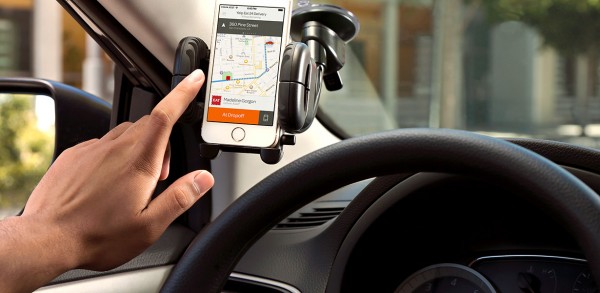Sidecar Journey Comes to End as Rideshare Service Ends Operations
- Monday, January 4th, 2016
- Share this article:
 Uber and Lyft-rival Sidecar is shutting down its ridesharing and delivery services and placing its team to work on new projects, citing a capital disadvantage to its competitors as the primary reason behind the decision.
Uber and Lyft-rival Sidecar is shutting down its ridesharing and delivery services and placing its team to work on new projects, citing a capital disadvantage to its competitors as the primary reason behind the decision.
The San Francisco-based startup has seen investment from Googles venture capital arm, as well as Virgin founder Richard Branson, and has raised over $39m (£26m) in funding. In comparison, Lyft has collected around $1bn in investment, while Uber has raised over $12bn in debt and equity.
“Im extremely proud of our team and all that weve accomplished,” said Sunil Paul, CEO and co-founder of Sidecar. “Our vision is to reinvent transportation and weve achieved that with ridesharing and deliveries. It is, however, a bittersweet victory. Shutting down the Sidecar service is a disappointment for our team and our fans.
“The impact of our work, however, will be felt for generations to come. We changed transportation law, and created a new mode of transportation that has transformed cities and made life easier and better for millions of people. This is the end of the road for the Sidecar ride and delivery service, but its by no means the end of the journey for the company.”
The demise of Sidecar, which at one time was one of Ubers key rivals, represents an evolution and maturation in the rideshare app market, and may be the first in a series of closures as the on-demand economy solidifies and several key players establish dominance, to the detriment of other, smaller competitors.
While hundreds of companies have been formed in the wake of successes like Airbnb, Uber and JustEat, many have struggled to create sustainable businesses. As investors become more cautious and demand returns on their funding, we may see firms that have failed to truly catch the publics imagination fall by the way side.
















